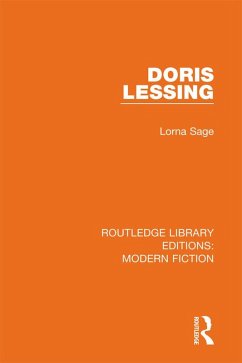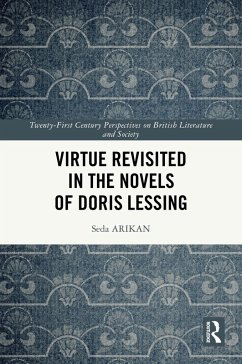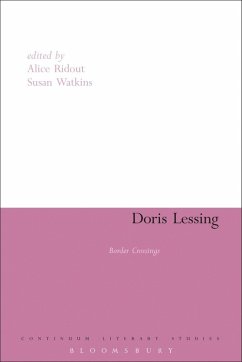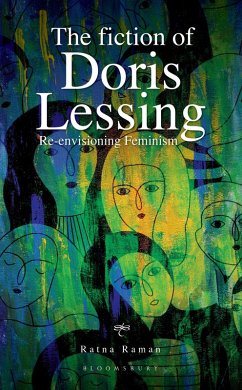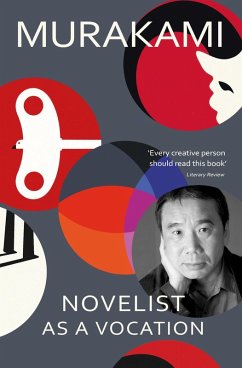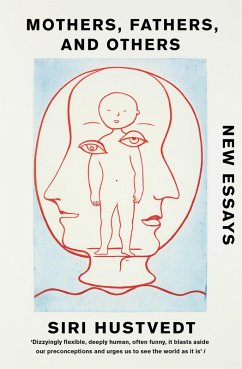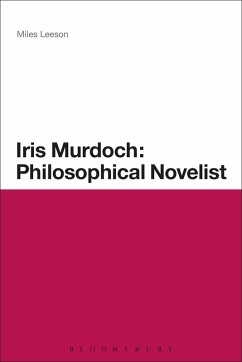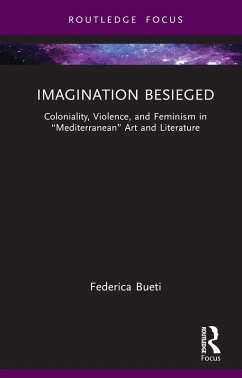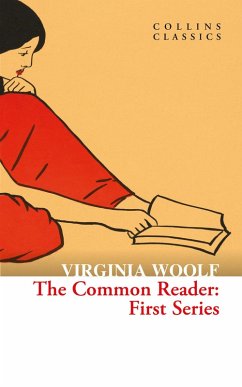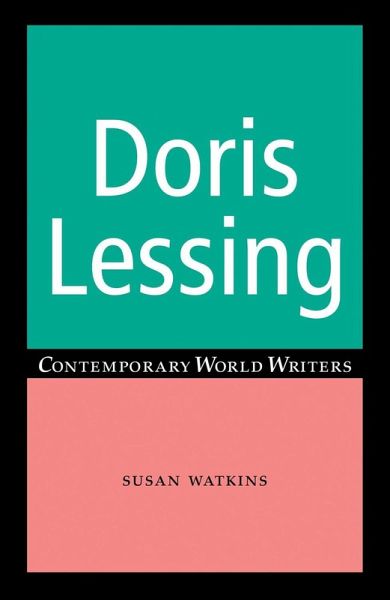
Doris Lessing (eBook, ePUB)
Versandkostenfrei!
Sofort per Download lieferbar
16,95 €
inkl. MwSt.
Weitere Ausgaben:

PAYBACK Punkte
8 °P sammeln!
This book examines the writing career of the respected and prolific novelist Doris Lessing, who was awarded the Nobel Prize for Literature in 2007 and has recently published what she has announced will be her final novel. This is the first significant book-length critical evaluation in ten years.
Dieser Download kann aus rechtlichen Gründen nur mit Rechnungsadresse in A, D ausgeliefert werden.




